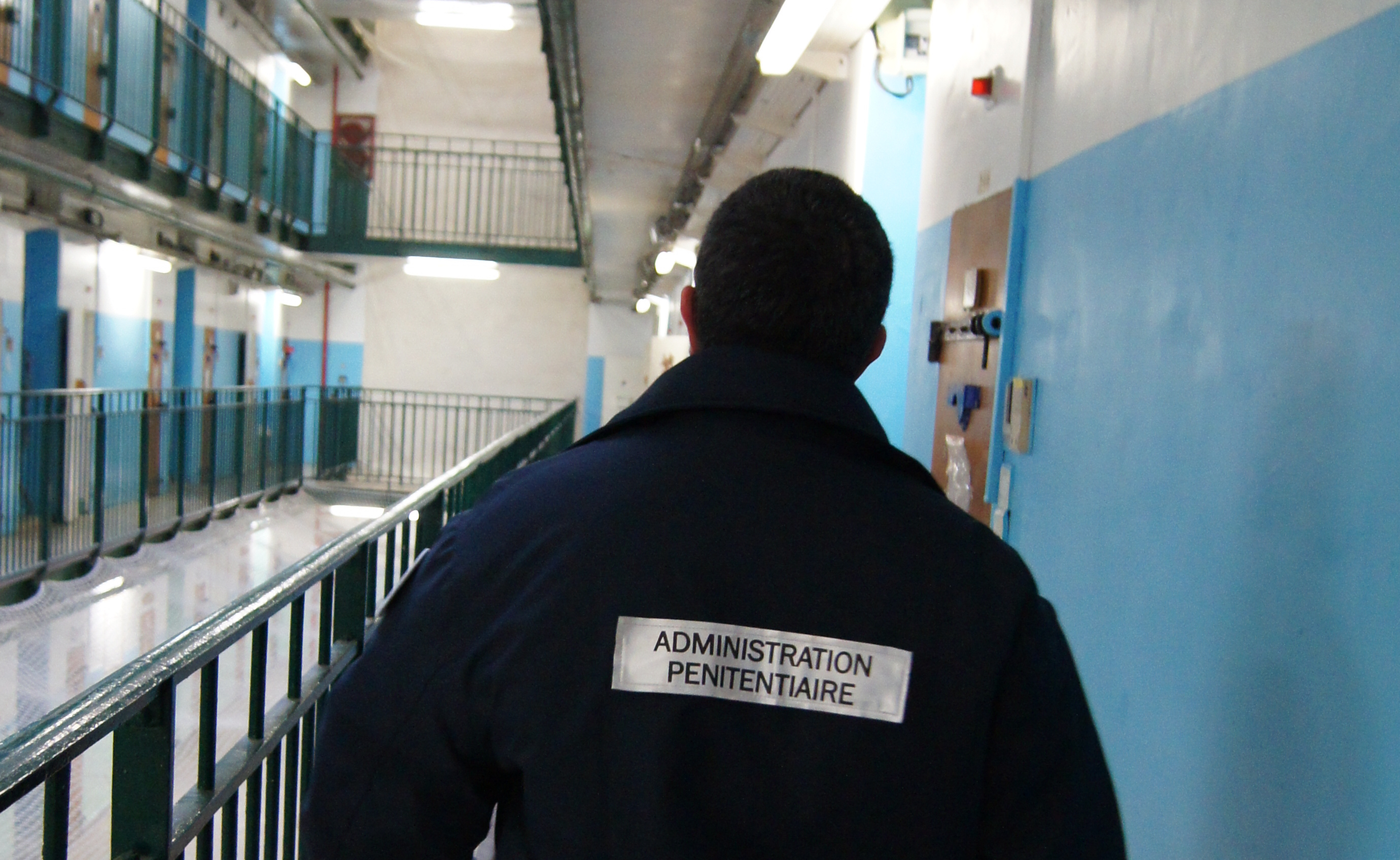
JAILS AND JIHADISTS
It is not without irony that some of the most fertile breeding grounds for France's homegrown jihadists are the country's prisons. In this piece for The Guardian's "Long Read," Pulitzer Center grantee Christopher de Bellaigue looks at a controversial plan that aims to de-radicalize vulnerable inmates by separating them from hard-core radicals considered beyond hope and exposing them to structured programs that offer more enlightened views of history, religion and modern civilization.
As Christopher reports, "The detainees who will enter these units are considered dangerous but salvageable, but no one knows for sure if this is the case—just as no one knows if the new units are the solution to the problem. There is even disagreement over what the problem is."
French politicians and the French media point out that some of the worst recent atrocities on French soil have been committed by men who were radicalized behind bars. But there is also a growing awareness that the root cause lies deeper than that. "Over the past few years it has become a common belief that prison radicalization is the most dramatic manifestation of a wider problem: the vehement rejection by many young French Muslims of what they see as a xenophobic and impious French republic," writes Christopher.
WHY THE VACCINE FAILS
Vaccines against deadly and debilitating diseases are less effective in poor countries than in rich ones. Doctors began noticing this in the 1960s when children in Asia and Africa still contracted polio even after getting the oral polio vaccine.
The same problem affects oral vaccines for rotavirus, the most common cause of severe diarrhea in young children worldwide. The Rotateq rotavirus vaccine protects 98 to 100 percent of babies in the United States, but only 40 to 60 percent of babies in Bangladesh, where rotavirus kills nearly 6,000 children younger than 5 every year. In Pakistan, the estimate is 23,000 children a year. In India, it is 78,000.
Pulitzer Center grantee Carina Storrs traveled to Bangladesh to report for CNN on the factors that could be causing poor vaccine performance and some interventions that might improve results. "The search is on among researchers to figure out why rotavirus vaccine doesn't work better and to try to improve it in the countries that—because of poor sanitation, high population density and other factors—need it most."
VIEW OUR ENVIRONMENTAL FILMS
This Thursday, March 24, four Pulitzer Center grantees will showcase their visual exploration of global environmental issues at the annual Environmental Film Festival of the Nation's Capital. Three short documentaries examine vanishing groundwater around the globe, mercury pollution as an environmental concern as well as public health issue, and the impact of water transfer projects in China.
Following the screenings, Steve Elfers and Ian James, from USA Today and the Palm Springs Desert Sun, filmmaker Sharron Lovell and Pulitzer Prize winning photographer Larry C. Price will join Richard Fuller, president and founder of Pure Earth, for a discussion. Jon Sawyer, our executive director, will moderate. Please register to reserve your seat for the screening and discussion at Global Environmental Storytelling.
Bring our environmental reporting to your classroom with this free lesson plan designed by Senior Education Manager Fareed Mostoufi. Or use our Lesson Builder to design your own.
COLLATERAL DAMAGE IN AFGHANISTAN
Each year the UN Assistance Mission to Afghanistan publishes a report documenting the carnage from America's longest war. Last year was the deadliest on record for civilians in Afghanistan since the US-led invasion more than 14 years ago. The number of Afghan civilians killed and wounded surpassed 11,000.
The deteriorating security situation has forced thousands to seek refuge within Afghanistan, while others flee to neighboring countries and Europe, desperate to escape a war zone and a stagnant economy. Pulitzer Center grantee Paula Bronstein has been documenting their plight. This week she hosts our Instagram @pulitzercenter.
Until next week,
Tom Hundley
Senior Editor










